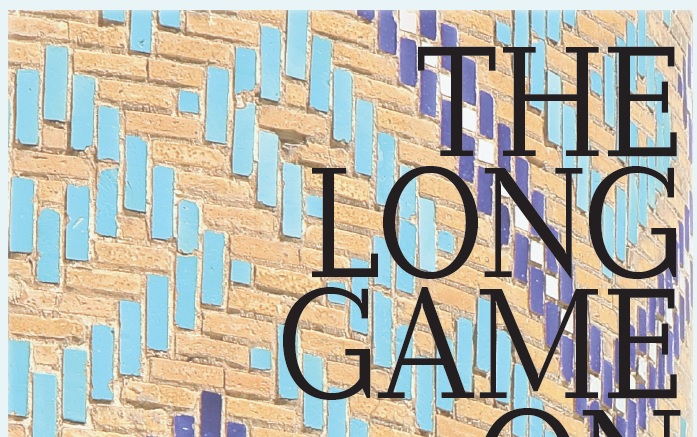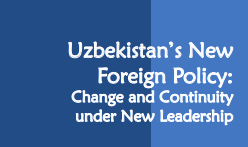CACI Forum: Mirziyoyev's Domestic Reforms, Year One: Judiciary, Governance and Civil Society
Mirziyoyev's Domestic Reforms, Year One: Judiciary, Governance and Civil Society
Since Shavkat Mirziyoyev acceded to power in the fall of 2016, a wave of reforms has affected every sector in Uzbekistan – ranging from the judiciary and governance to electoral matters and civil society. The Western press and even analysts have taken only superficial note of these reforms. But what is their actual breadth and depth? Can they actually be implemented? And what will they mean for Uzbekistan and the region?
CACI addressed these issues in a Silk Road Paper by Anthony C. Bowyer entitled, Political Reform in Mirziyoyev's Uzbekistan: Elections, Political Parties and Civil Society.
This Forum, moderated by CACI Chairman S. Frederick Starr, presented the findings of our authors Mjuša Sever and Anthony Bowyer and focused on reforms in the judiciary, governance, and civil society.
Be sure to watch the full recording of the event below.
Speakers:
Mjuša Sever, Director, Regional Dialogue, Tashkent, Uzbekistan.
Anthony Bowyer, Senior Program Manager, Caucasus and Central Asia, IFES
Moderator: Fred Starr, Chairman, Central Asia-Caucasus Institute
Where: The Middle East Institute, 1319 18th Street NW, Washington, DC 20036
When: Tuesday, March 6, 2018 from 4:00 pm - 6:00 pm
The Long Game on the Silk Road: US and EU Strategy for Central Asia and the Caucasus

Uzbekistan's New Foreign Policy: Change and Continuity under New Leadership

CACI Forum- Uzbekistan's New Foreign Policy: Change and Continuity under New Leadership
Uzbekistan’s New Foreign Policy: Change and Continuity under New Leadership
The event took place on January 22, at 1319 18th St NW, Washington, DC 20036, from 11:00 to 12:30 pm.
Central Asia is not a Breeding Ground For Radicalization
Both in Europe and the United States, this argument is made with increasing frequency but it doesn’t reflect reality.
On October 31, a citizen of Uzbekistan was arrested for the terrorist attack in New York City that led to the death of eight people. The attack drew parallels to a similar truck attack earlier this year in Stockholm, as well as terrorist deeds in Istanbul and St. Petersburg. In these cases the perpetrators were of Uzbek origin. In addition, over 2,000 Central Asians have taken part in the civil war in Syria, fighting for jihadi organizations like the Islamic State or the Nusra Front. Is Central Asia a breeding ground for extremism?

